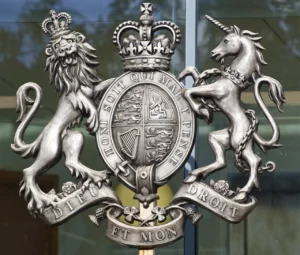The potential delay in banning the sale of new petrol and diesel cars from 2030 to 2035 could lead to consumer confusion and hinder the transition to electric vehicles, warns Mike Hawes, Chief Executive of the Society of Motor Manufacturers and Traders (SMMT), the UK’s motoring industry body.
Ministers are reportedly considering postponing the planned ban by five years, a move that has raised concerns within the automotive industry. Hawes stated that the delay could send a perplexing message to consumers, potentially discouraging them from making the switch to electric vehicles.
However, Fair Fuel UK, a campaign group representing drivers, expressed satisfaction with the possible delay. The group argues that the policy’s costs would outweigh the benefits and that it was destined to be abandoned.
Since 2020, the government has pursued a policy to phase out the sale of new, pure petrol, and diesel vehicles by 2030, as part of a broader strategy to achieve net-zero emissions.
Inflation in the UK unexpectedly fell in August, reaching its slowest pace in a year and a half. Official figures show that inflation dropped to 6.7% in the year to August, down from 6.8% in July. The decline marks the third consecutive month of decreasing inflation.
The fall in food prices, particularly for items like milk, cheese, eggs, and vegetables, contributed to the surprise drop in inflation. However, the prices of bread and cereals saw an increase. While experts had anticipated rising inflation due to higher oil prices driving up the cost of petrol and diesel, a slowdown in food price growth and reductions in airfares and accommodation costs helped lower the overall inflation rate.
Meanwhile, China’s imports of seafood from Japan experienced a significant decline last month. Imports of Japanese seafood fell by 67.6% in August compared to the same month the previous year, according to China’s customs authority. This sharp drop coincides with Japan’s decision to release treated wastewater from the damaged Fukushima nuclear power plant.
Japan began the release of this treated wastewater on August 24, a process expected to span 30 years. In response, China promptly announced a ban on all Japanese seafood imports, marking a significant disruption in seafood trade between the two nations.
Lastly, London faces disruption as thousands of London Underground workers prepare to strike on October 4 and 6. The Rail, Maritime, and Transport Union (RMT) has announced this strike action as part of a long-standing dispute over job cuts, working conditions, and safety concerns related to the London Underground. More than 3,500 RMT members are expected to participate in the strike, leading to potential service disruptions on the Tube network.


































